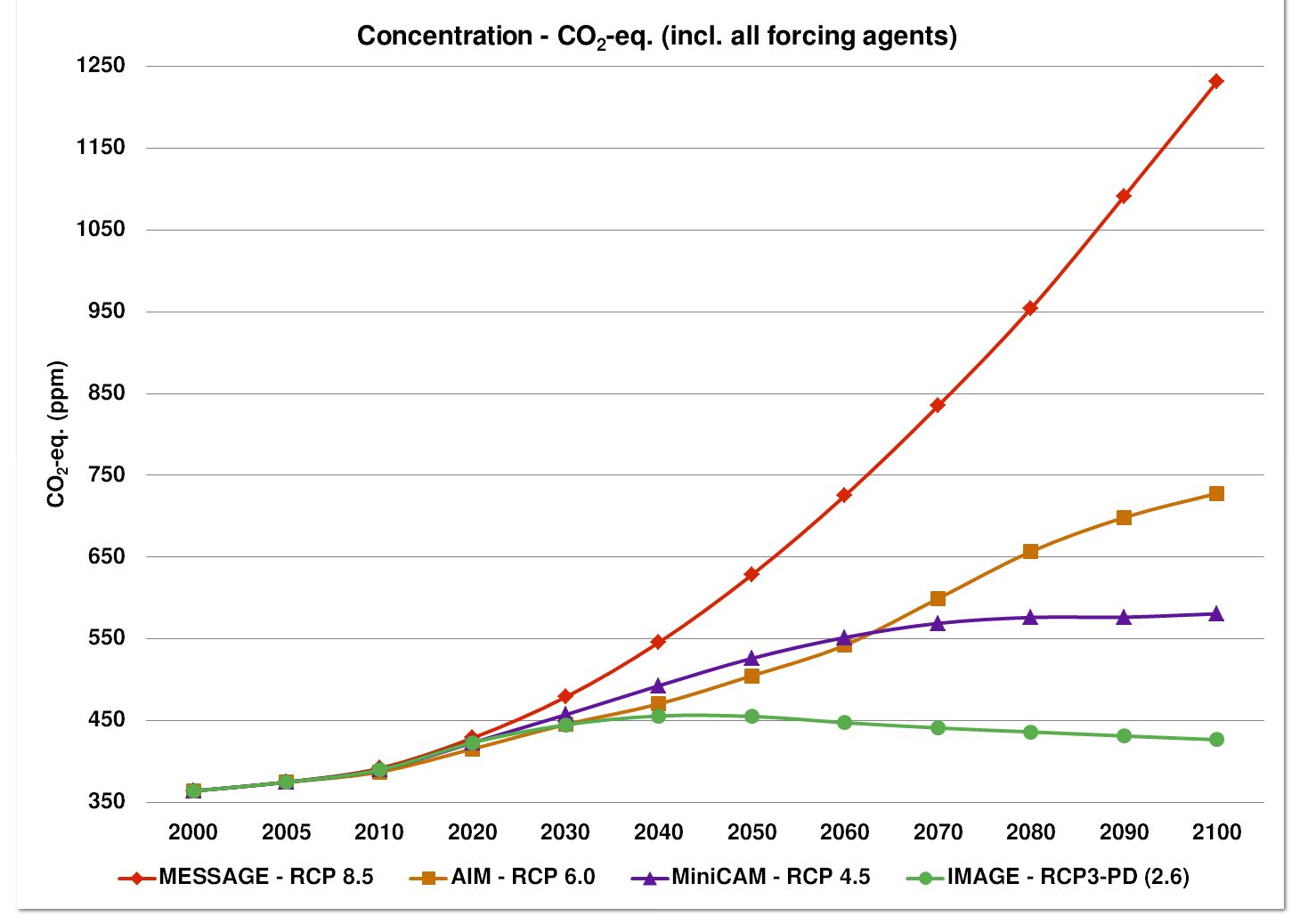Stephen Segrest,
“EPA’s certification fuel is indolene, a standardized test gasoline free of additives. One source cites an indolene MON of 87 and RON of 96.5, thus yielding a pump octane of 91.5; another, a pump octane of 92.9.”
You will notice that this is a gasoline free of additives. No xylene, no toluene, no benzene.
However, I wouldn’t be surprised if it is far more expensive than the gasoline I buy. It also is free of various additives such as surfactants (detergents) which increase engine efficiency.
To partially answer your last question about the gasoline industry, this quote from the Royal Society of Chemistry may help –
“Today the UK’s fuels boast among the highest detergent levels in the world, causing correspondingly low levels of deposit buildup. This contrasts with the US, where minimum additive levels are set by legal mandate and commercial fuel producers raced each other to reach that minimum, again to reduce their costs.”
Manufacturers generally maximise profit, and why not?
For example, the EPA tried to ban asbestos in automotive brakes, but manufacturers were not happy, and fought back in court –
“. . . the court rejected the EPA’s efforts to ban existing uses of asbestos including: asbestos-cement, corrugated and flat sheet, asbestos clothing, pipeline wrap, roofing felt, vinyl-asbestos floor tile, asbestos-cement shingle, millboard, asbestos-cement pipe, automatic transmission components, clutch facings, friction materials, disc brake pads, drum brake linings, brake blocks, gaskets, valve and pump packings, non-roofing coatings, and roof coatings. On-going uses of asbestos pose a serious danger to human health.”
So the use of octane boosting additives in gasoline used in a sealed system might be the least of your worries!










